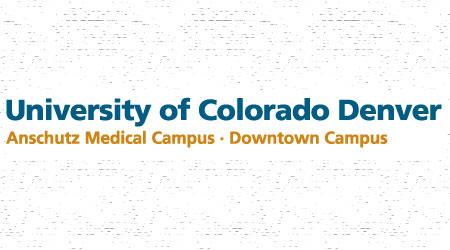With the increasing numbers of health-conscious individuals, this news comes as a surprise. A new study highlights the deficiency in patient knowledge concerning hospital medications.
Assessing patient awareness regarding medications prescribed during a hospital visit, experts from the University Of Colorado Denver School Of Medicine found that nearly 44% of patients thought they were administered a medicine that they were actually not. Also about 96% of them seemed to have been unable to recall the name of at least one medication that was prescribed to them in the course of hospitalization.
Apparently inpatient medication errors are considered to reflect a critical patient safety issue. One review appeared to have found a certain degree of error in approximately one of every five medication doses. Seemingly the patient represents the final individual who may have the ability to avert an incorrect medication administration. This is mainly because the patient seems to be the last link in the medication administration chain.
The scientists carried out a pilot study to evaluate the patient awareness concerning their medications. Along with assessing the alertness of the patients’ in-hospital medications, the attitudes towards augmented patient knowledge of hospital medications was also surveyed.
“Overall, patients in the study were able to name fewer than half of their hospital medications,” remarked lead researcher Ethan Cumbler, M.D., Assistant Professor of Medicine at the University of Colorado Denver. “Our findings are particularly striking in that we found significant deficits in patient understanding of their hospital medications even among patients who believed they knew, or desired to know, what is being prescribed to them in the hospital.”
Engaging around 50 participants, aged between 21 and 89, the study revealed that all these participants seem to have self-recognized their outpatient medications knowledge. They spoke English and were known to have belonged to the community around the University of Colorado Hospital. The analysis left out nursing home residents and patients with a history of dementia.
The study showed that patients below the age of 65 were unable to recall the name of nearly 60% of medications that could take as needed. For patients older than 65, it was observed that they couldn’t name approximately 88% if these medications. Even after adjustment for the number of medications, the difference seemed to have been persistent. According to age, there appeared to have been no difference in recalling the names of scheduled medications that need to be taken at specific times.
“Our study suggests that adult medicine inpatients believe learning about their hospital medications would increase their satisfaction and has potential to promote medication safety,” added Cumbler. “I believe the findings of this research raise very interesting questions about the role and responsibilities of patients in the hospital with respect to their medication safety.”
Apparently antibiotics were found to be the most commonly omitted scheduled medication. Nearly 17% of all omitted drugs were from this group and were followed by cardiovascular medications that constituted 16% and antithrombotics that were about 15%. Among medications that could be taken as needed, analgesics figured at 33% and gastrointestinal medications at 29% were commonly omitted by patient recall.
These findings are published today in the Journal of Hospital Medicine.


